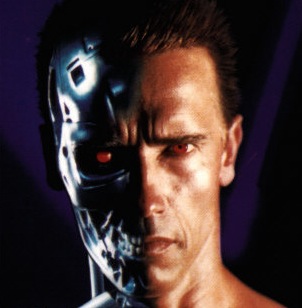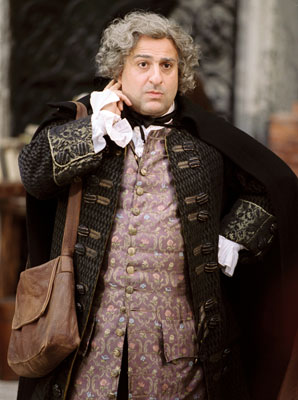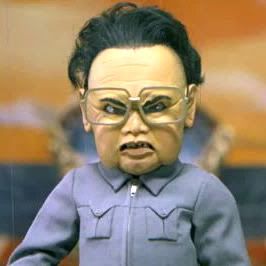There are few things more glorious in this world than the epic and cheesy wonder of a decades-old rubber monster movie. They're a mire of cliches, ridiculous acting and wanton destruction, but for those not looking for high art the escapism and entertainment value is all there, wrapped up in a neat, grainy and subtitled package.
Gamera is a
Godzilla knock-off born-and-bred, outright stealing certain set pieces.
Godzilla isn't the only thing that
Gamera steals from, however, as the awakening of the monster is remarkably similar to the awakening of
The Beast From 20,000 Fathoms, with a nuke going off in the Arctic Circle. But berating this film too harshly is unfair, as it does offer a cool-looking monster, and some dark and grim cinematography, helped by the low quality black and white film. And the most defining point is the first instance of the pivotal child character, laying the foundations for Gamera's later identity as "Friend of All Children", with a small sympathetic scene where he rescues the little boy Toshio. This distinguishes Gamera from almost every other giant monster as, while there are some consistently heroic monsters like Mothra, Gamera has a specific rule of operation, a line he won't cross even in the most dire situations. For a first outing,
Gamera establishes some key themes of later Gamera films, and for better or worse led into the second biggest
kaiju franchise in history, with some utter turkeys and some instant classics.
 Friend to all children. With added gigantic tusks!
Friend to all children. With added gigantic tusks!












